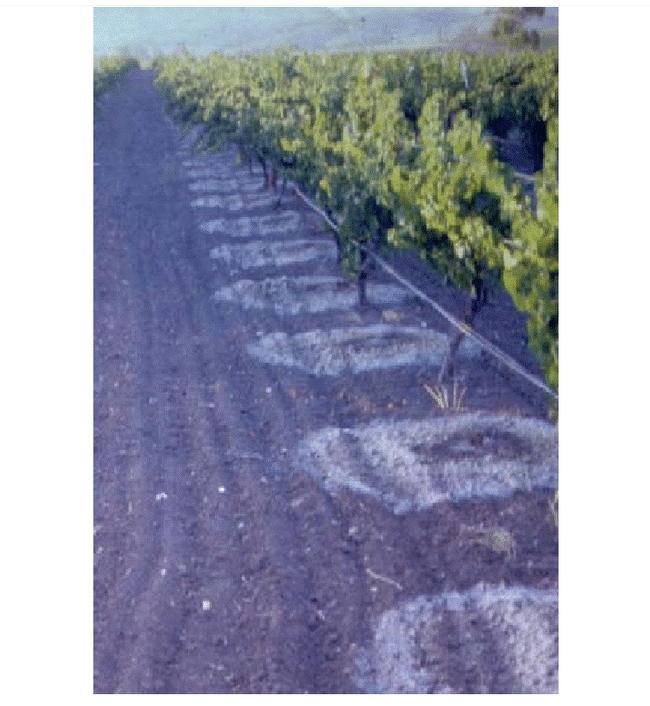Water Quality Impacts on California Avocado –
A Collaborative Approach
Sat Darshan S. Khalsa1 and Ben Faber2
1Department of Plant Sciences, UC Davis
2Cooperative Extension Ventura County, UCANR
Avocado consumption continues to grow both in the U.S. and around the globe. Greater demand creates an opportunity for growers to supply an expanding market with quality California fruit. More intensive production increases the need for attention to tree health, crop protection and irrigation practices. Many avocado root rot diseases are related to how growers manage water, and given the salt sensitivity of avocado and limited selection of salt-resistant rootstocks, water quality is an inherent driver of avocado productivity and quality.
In the California avocado-growing regions of the Central and South coast, water quality can be highly variable. Groves can rely on a combination of surface and groundwater yet, water high in total dissolved solids, pH and salts such as sodium and chloride, can be common place. Furthermore, water quality properties are subject to change as California faces more weather extremes and shifting water demand. As a result, avocado growers need to continue to be conscientious of how local and regional water quality conditions impact their groves.
A comprehensive understanding of how water quality impacts avocado tree health and fruit quality is still limited. The consensus is irrigation with poor quality water reduces crop productivity yet, the extent to which crop loss is linked to water quality and specific practices to mitigate the risk is not entirely clear. The clonal rootstocks ‘Dusa', ‘Toro Canyon' and ‘Duke 7' have some salt tolerance, but are still sensitive to salts. Even less information is available on the potential impacts of water quality on fruit quality, including both nutritional value and postharvest storage.
A collaborative approach to problem-solving creates an opportunity for growers to participate in research and to generate regional and site specific solutions. The phases of this project include 1) identify the range of water quality conditions in California avocado-growing regions; 2) build a network of ‘focus sites' identified by grower participants using specific grove characteristics and; 3) monitor field indicators to quantify impacts of water quality on tree health and fruit quality. Results will be shared in aggregate to maintain the privacy of participants and also, allow growers to compare their focus site with a wider population.
If you are interested in learning more about this collaborative water quality project, please contact Dr. Khalsa at sdskhalsa@ucdavis.edu or sign up for a follow-up conversation using this webform (http://madmimi.com/signups/fbeac7dee8264fac90ab8a9b6f0c65ff/join).
Sat Darshan Khalsa is an Assistant Project Scientist in the Department of Plant Sciences at UC Davis (http://www.plantsciences.ucdavis.edu/people/sat-darshan-khalsa) and Ben Faber is the UCANR Soils/Water/Subtropical Crops Advisor for Ventura and Santa Barbara Counties (http://ceventura.ucanr.edu/Staff/?facultyid=638).
Photo: These aren't avocados.
Attached Images:
